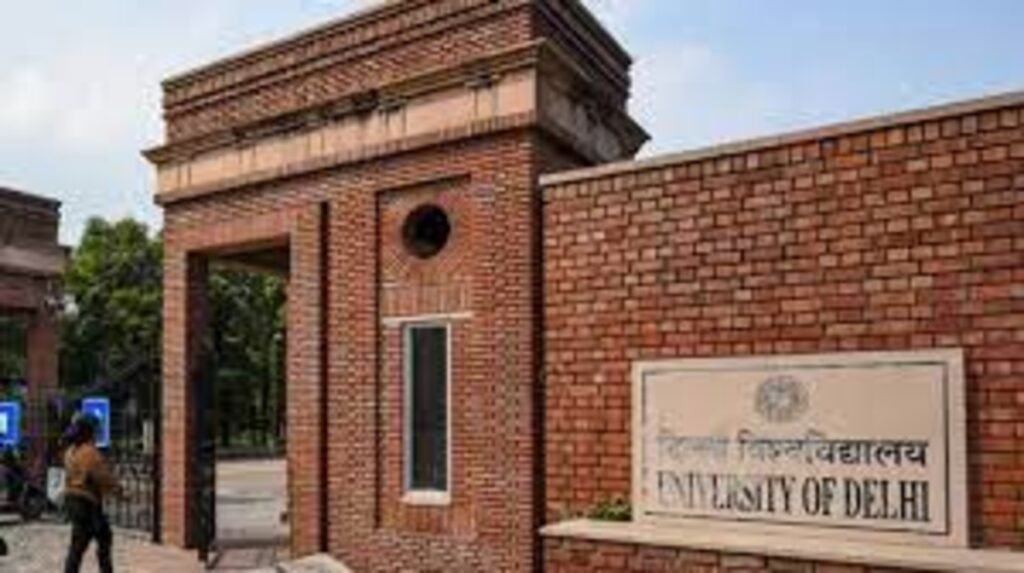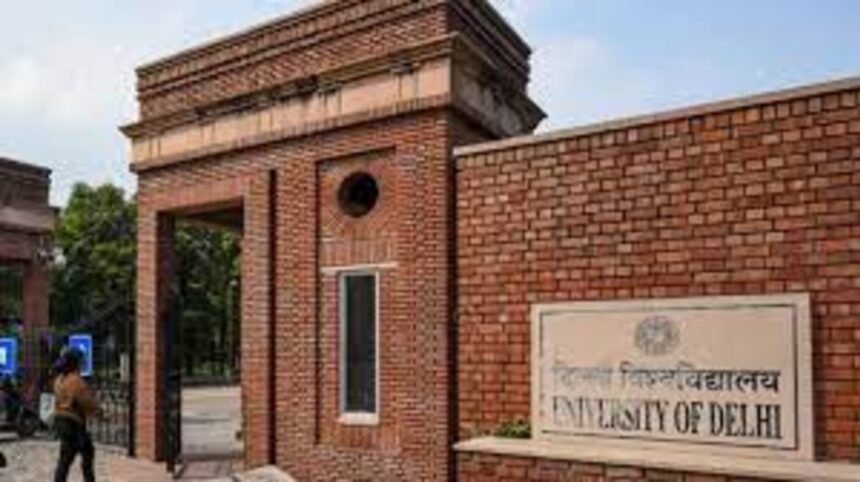Introduction
In a recent development, the Supreme Court of India has refused to intervene in the ongoing controversy surrounding the minority admission policy of St. Stephen’s College, a prestigious institution under Delhi University. The court’s decision comes as a result of an interim order issued by the Delhi High Court, which permits the college to conduct interviews for 50% of its minority quota seats. The Supreme Court bench, composed of Justices AS Bopanna and PS Narasimha, stated that any intervention at this stage could lead to uncertainty among students and affect the admission process.

The Delhi High Court’s interim order passed on July 21, has been the subject of two separate petitions filed by the Delhi University and the University Grants Commission (UGC) in the Supreme Court. The petitions challenged the High Court’s decision to allow St. Stephen’s College to conduct interviews for the Christian minority quota seats, with a 15% weightage attributed to these interviews. Dismissing these petitions, the Supreme Court bench emphasized that since the High Court order is interim in nature and subject to the final outcome of the writ petition, there was no justification for intervention at this point.
This marks the second consecutive year that the High Court has granted St. Stephen’s College the authority to use interviews as part of its admission process for the Christian minority quota seats. The college’s challenge stemmed from a December 30 notification by the Delhi University, which directed that all admissions under the minority quota be solely based on the Common University Entrance Test (CUET) scores. The Supreme Court acknowledged the importance of clarity and certainty in this matter and urged the High Court to expedite the resolution of the ongoing petition.
DU’s Argument
During the legal proceedings, the Delhi University, represented by Solicitor General Tushar Mehta, emphasized the imminent deadline for admissions (August 31) and expressed concerns about the ongoing interview process. Mehta argued that the 15% weightage for interviews undermined the merit-based selection process outlined by the CUET. However, the college’s legal team, led by senior advocate A Mariarputham and advocate Romy Chacko, contended that the admission process was not unilateral and that the University had been informed and involved throughout.
Responding to Mehta’s arguments, the Supreme Court bench highlighted that interfering at this stage would create confusion among students, particularly those who had already undergone interviews. The bench emphasized that the University’s endorsement of admissions added weight to their decision not to interfere in the current admission cycle. The court also acknowledged the potential for further arguments regarding the 15% weightage for interviews to be addressed in the High Court.
Conclusion
This legal battle underscores the significance of the admission process for the Christian minority quota seats at St. Stephen’s College, known for its stringent cutoffs and academic excellence. While the Supreme Court’s decision preserves the current admission process for this academic year, the larger debate over the role of interviews in the selection process for these seats remains unsettled. As the situation continues to unfold, the future of this contentious admission policy will likely be determined by further legal proceedings in the Delhi High Court.






